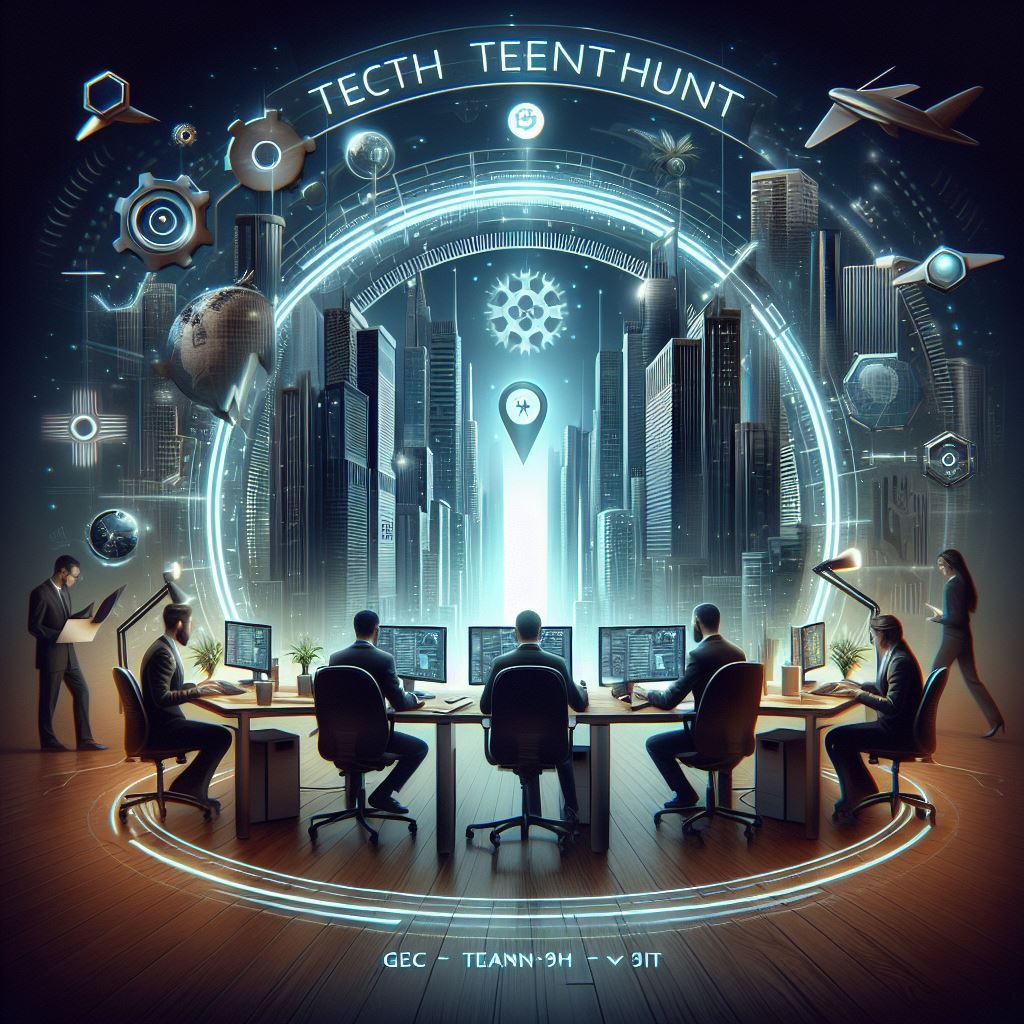Artificial intelligence development comes to light, and what assesses large language machines (LLMs) as highly meaningful is a question of attention. Those advanced devices will determine the forthcoming technology; thus, their adverse effects recognition and cause security and fair play are necessary. Big language models that have opened up a new frontier for AI technology face major problems, particularly displacing reliability and trustworthiness.
Unveiling Raga AI’s multifaceted approach
Error discovery and subsequent fault removal within LLMs are challenging for various reasons, such as poor training data or adversarial attacks’ use. However, the question requires a careful functional dissection in the local context, indicating that a broad-scale approach is required to serve the evaluation purpose.
Raga AI is a tool; a thorough assessing framework made up of over a hundred criteria will be provided as part of the weaponry to predict every potential issue facing an LLM application. From creating and managing information databases and topics to selecting and rating LLMs, it is committed to speeding up while recognizing the task’s inherent complexity.
One of the major abilities of ChatGPT in terms of spotting prompt templates, detecting and correcting inaccurate answers, context management for sense and accuracy, and using statistics to detect and report misinformation, biases, and intelligence leakages is its capability to generate paragraphs, analyze and come up with an accurate response based on its reading, and use metrics.
Enhancing LLM evaluation Raga AI’s framework solution
There are examples of where things went wrong with the LML applications, such as Air Canada’s AI chatbot providing the wrong information about bereavement policy and Google’s chatbot making errors in fact during its performance. These instances show that big mistakes are possible.
They illustrate the major matter of completely examining to avoid the creation of misinformation and bias, which models get through the huge amount of data they are trained with.
Furthermore, the ability of GMs to produce human-like words has raised many ethical issues related to writing misuse. Consequently, it is even more imperative to have rigorous evaluation methods to deal with this.
This can undermine the power of truth and transform the speedy channels into a fast lane for sharing myths, fake news, or even biases. Consequently, this will reduce the quality of information and make digital space more doubtful than ever before.
RagaAI pioneering ethical standards in AI development
RagaAI’s approach addresses three key dimensions crucial for building trustworthy and reliable LLM applications: to have full testing that covers the data, the model as well as the operational part; to use multi-model evaluation to promote robustness of the data that includes images, text, code and so on and also to provide structured recommendations that involve not just the detection of problems but also address of scientific solutions.
Eventually, RagaAI’s attempts end up in an open-source package aimed at providing easy tools for evaluation for the advanced LLMs. RagaAI continues its contribution to establishing standard procedures in AI by making the comprehensive testing framework available for the developer community at large. It acts as an accelerator of innovation and stimulates collaboration in perfecting and humanizing AI technologies.
Implementation of this organization’s goal to provide a solution that can transform AI development that will significantly increase the speed of AI development, bring down development infrastructure costs, and also ensure that the deployed performant, trustworthy, and safe LLM applications is a demonstration of the importance of having appropriate evaluation mechanisms in the current era of AI.
Original story from:https://www.electronicspecifier.com/products/artificial-intelligence/evaluating-llms-how-and-why





